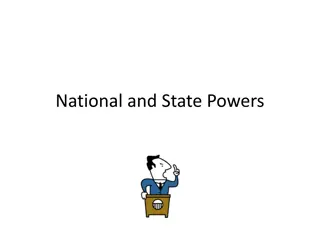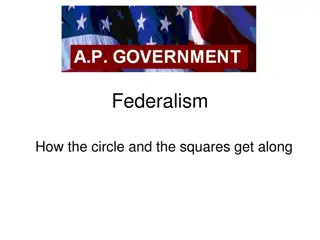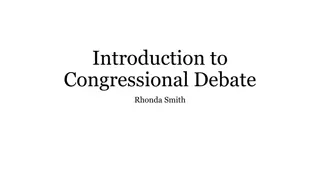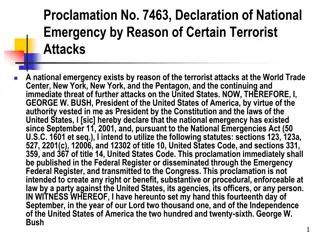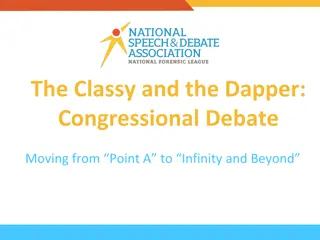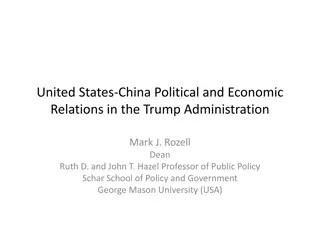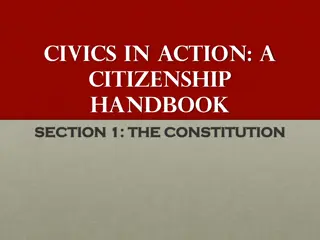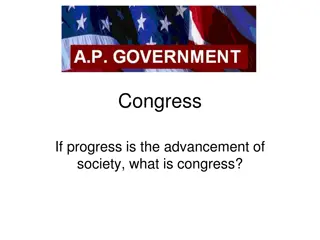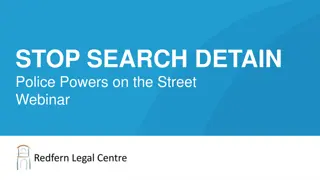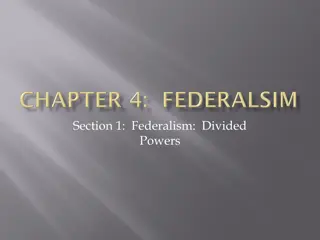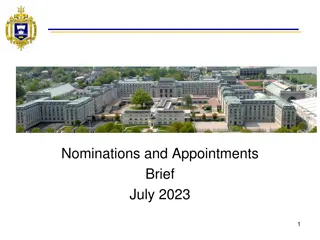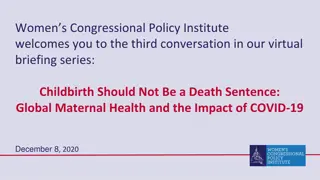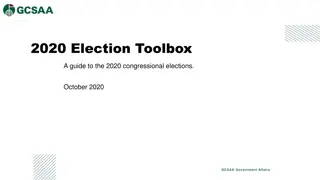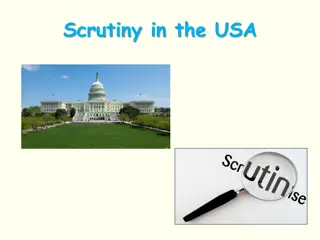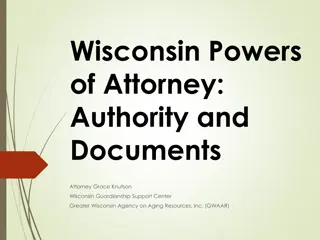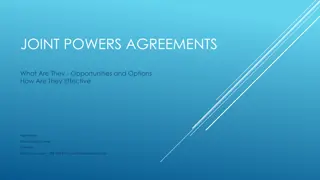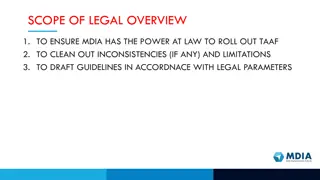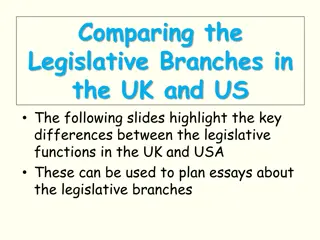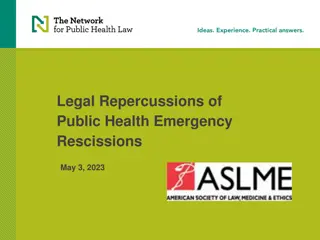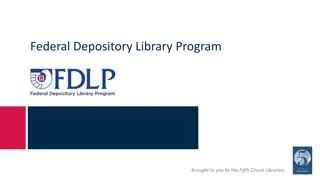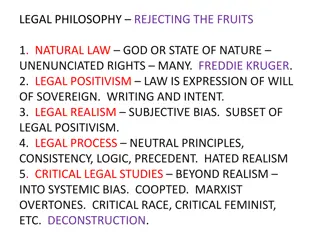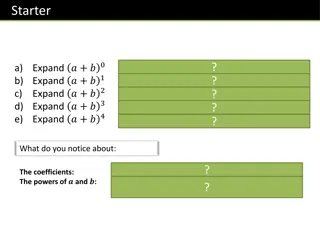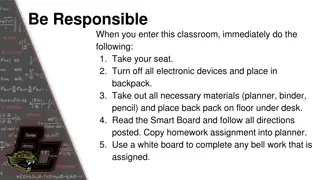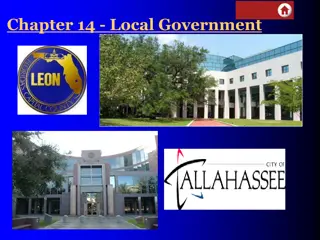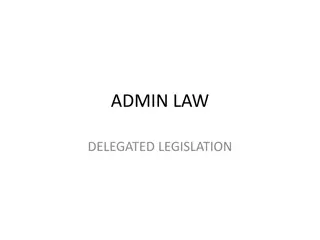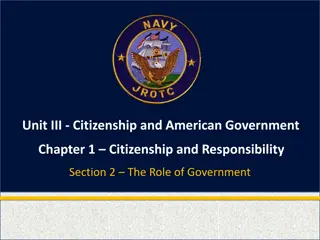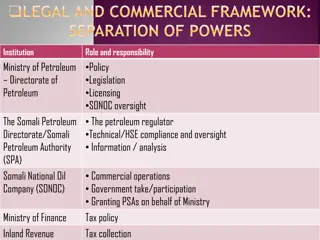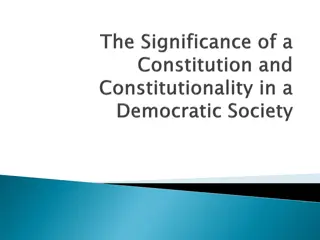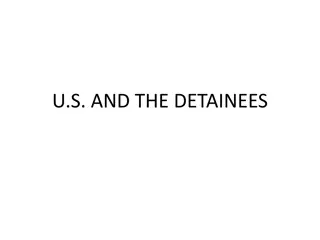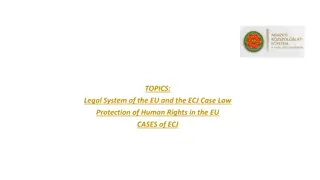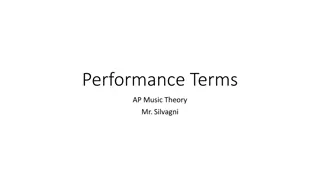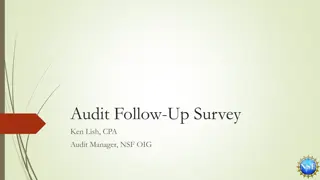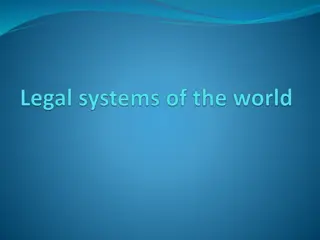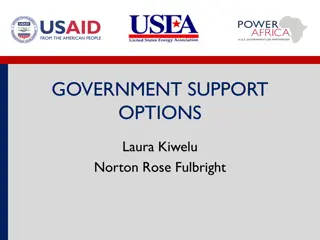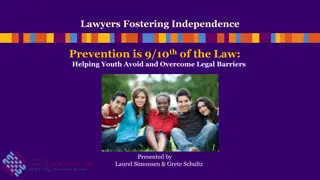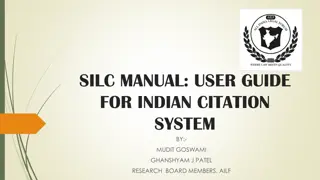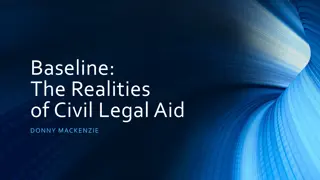Understanding Legal Terms and Congressional Powers in the US Government
This content covers the definitions of legal terms like subpoena, perjury, contempt, immunity, legislative oversight, and legislative veto, along with the powers of investigation and oversight in the US Congress. It also highlights the balance of power between the executive and legislative branches, sources of tension among the branches, and a specific investigation into Goldman Sachs by Congress.
Download Presentation

Please find below an Image/Link to download the presentation.
The content on the website is provided AS IS for your information and personal use only. It may not be sold, licensed, or shared on other websites without obtaining consent from the author. Download presentation by click this link. If you encounter any issues during the download, it is possible that the publisher has removed the file from their server.
E N D
Presentation Transcript
Bell Work Define the following terms in your own words: Subpoena Perjury Contempt Immunity Legislative oversight legislative veto
In Lakech by Luis Valdez Tu eres me otro yo You are my other me If I do harm to you, Si te hago da o a ti, I do harm to myself Me hago da o a mi mismo If I love and respect you Si te amo y respeto I love and respect myself Me amo y respeto yo
Bell Work Define the following terms in your own words: Subpoena Perjury Contempt Immunity Legislative oversight legislative veto
The Power to Investigate Investigations may be conducted by a standing committee or a select committee. Investigations occur for a number of reasons, and can lead to legislation and reforms. Congressional committees have the power to subpoena witnesses, punish perjury and contempt, and grant immunity. Congress must respect witnesses constitutional rights just as a court does.
The Power of Oversight Legislative oversight is part of the system of checks and balances. Congress may require reports from an executive agency or have its work studied by a congressional support agency. The legislative veto and independent counsel are no longer available to Congress.
Sources of Tension The system of checks and balances creates tension between the three branches. The president represents a broader constituency than members of Congress. Partisan politics, particularly in the event of a divided government, cause tension. The organization of Congress provides tools for members to resist presidential proposals. Differing political timetables cause conflict between the president and Congress.
The Balance of Power The balance of power between the executive and legislative branches has varied over the years. In times of crisis, Congress has given extra powers to the president. The power to budget and tax is an area of struggle between Congress and the president. The Supreme Court has struck down both the legislative veto and the line-item veto.
Goldman Sachs Investigation 1. What led Congress to investigate Goldman Sachs? 2. What did the internal Goldman Sachs email comment on and what the comment show? 3. Describe the exchange between Senator Susan Collins and Daniel Sparks, the former head of Goldman Sachs marketing. 4. How did Goldman Sachs executives respond throughout the hearing and how did the report sum up the bank s position?
Quiz Results Overall Average: Highest Average: 84.0% This Class: 78.7% 79.8%
Which of these statements is true for both the House of Representatives and the Senate? Members get a franking privilege. Members must be at least 30 years old. Members represent a particular district. Population dictates the number of members.
An amendment to the Constitution, based on an idea proposed by James Madison in 1789, was ratified in 1992. This amendment relates to which of the following? congressional pay raises expulsion from Congress gerrymandering incumbency
Which two individuals share the duty of presiding over the Senate? majority leader and majority whip vice president and majority leader majority leader and minority leader vice president and president pro tempore
This Congressional Committee works to resolve differences between the House and Senate versions of the same bill? conference committee select committee joint committee subcommittee of a standing committee
This support agency provides Congress with unbiased information about the cost of implementing a bill. Congressional Research Service Congressional Budget Office Government Accountability Office Government Printing Office
Reflection Why do you think the powers of investigation and oversight were given to the legislative branch and not the executive branch?


